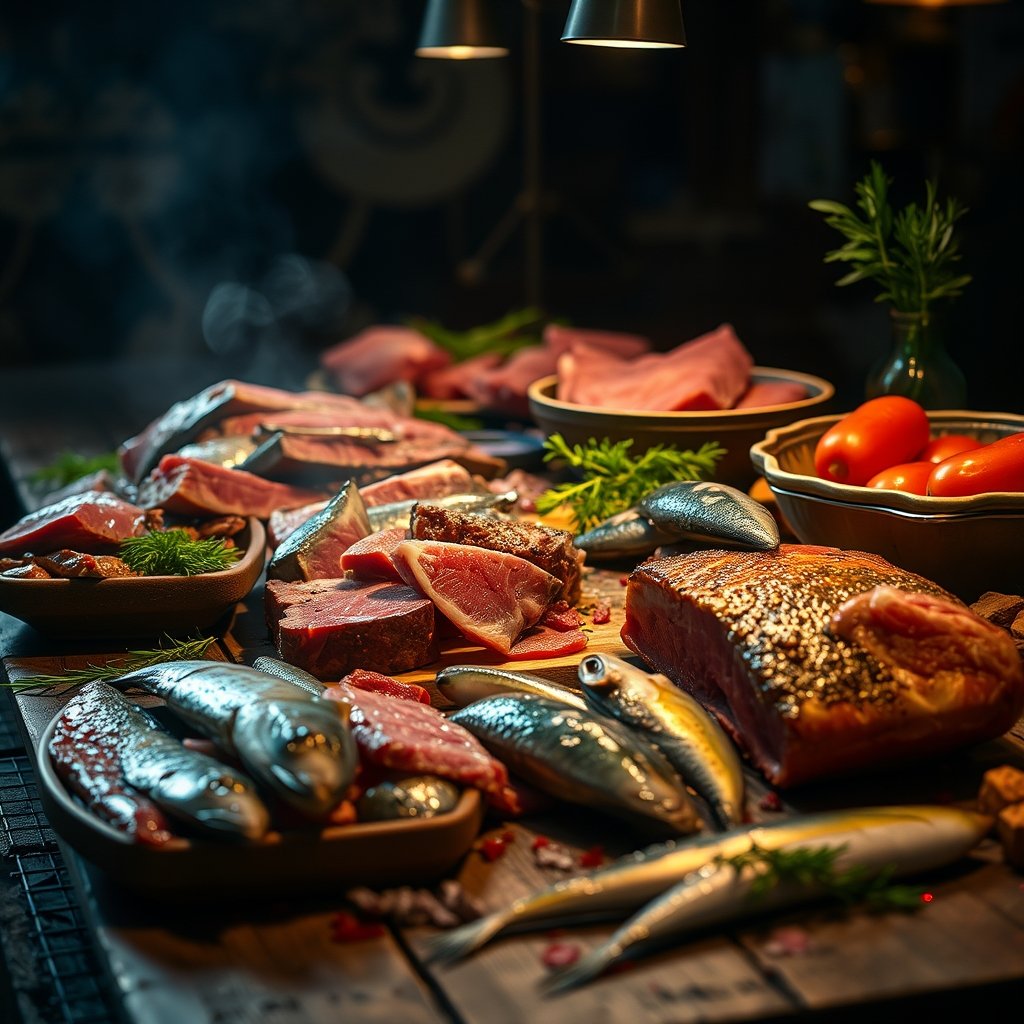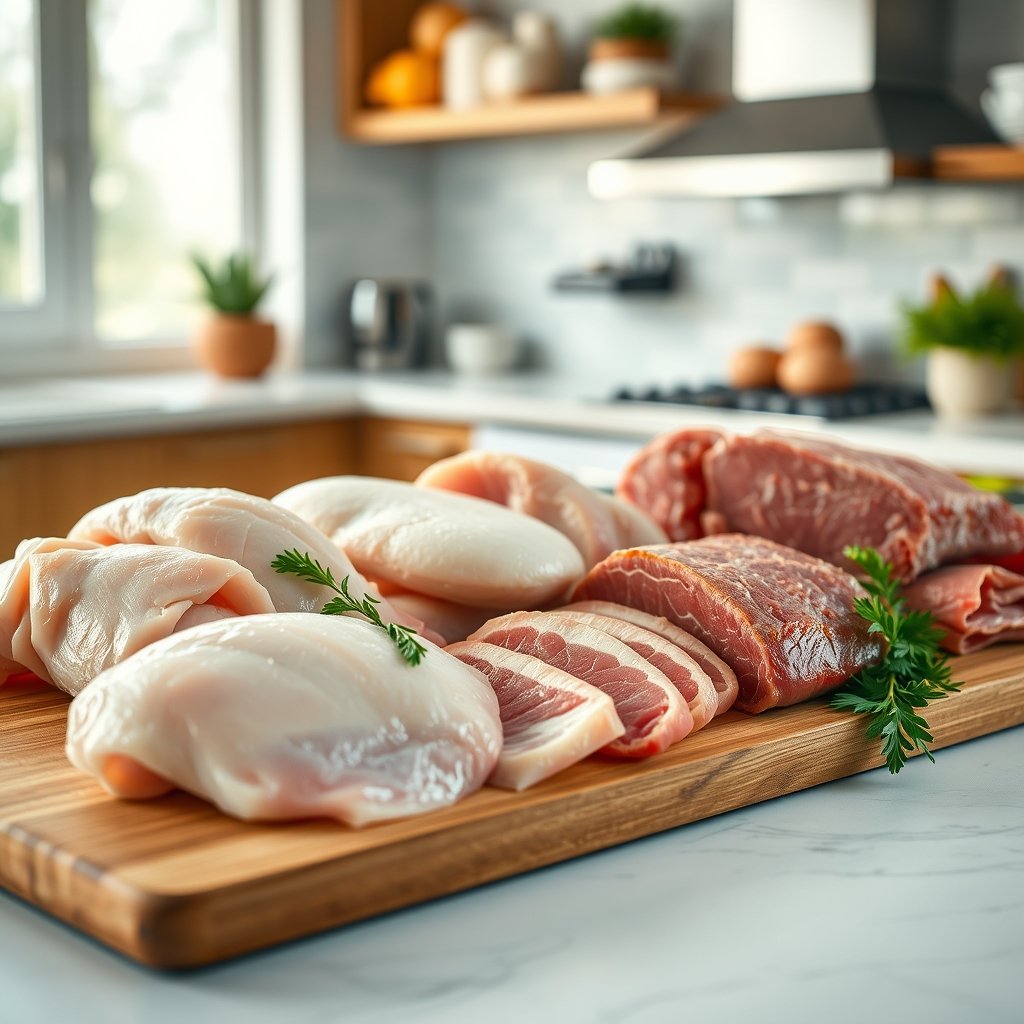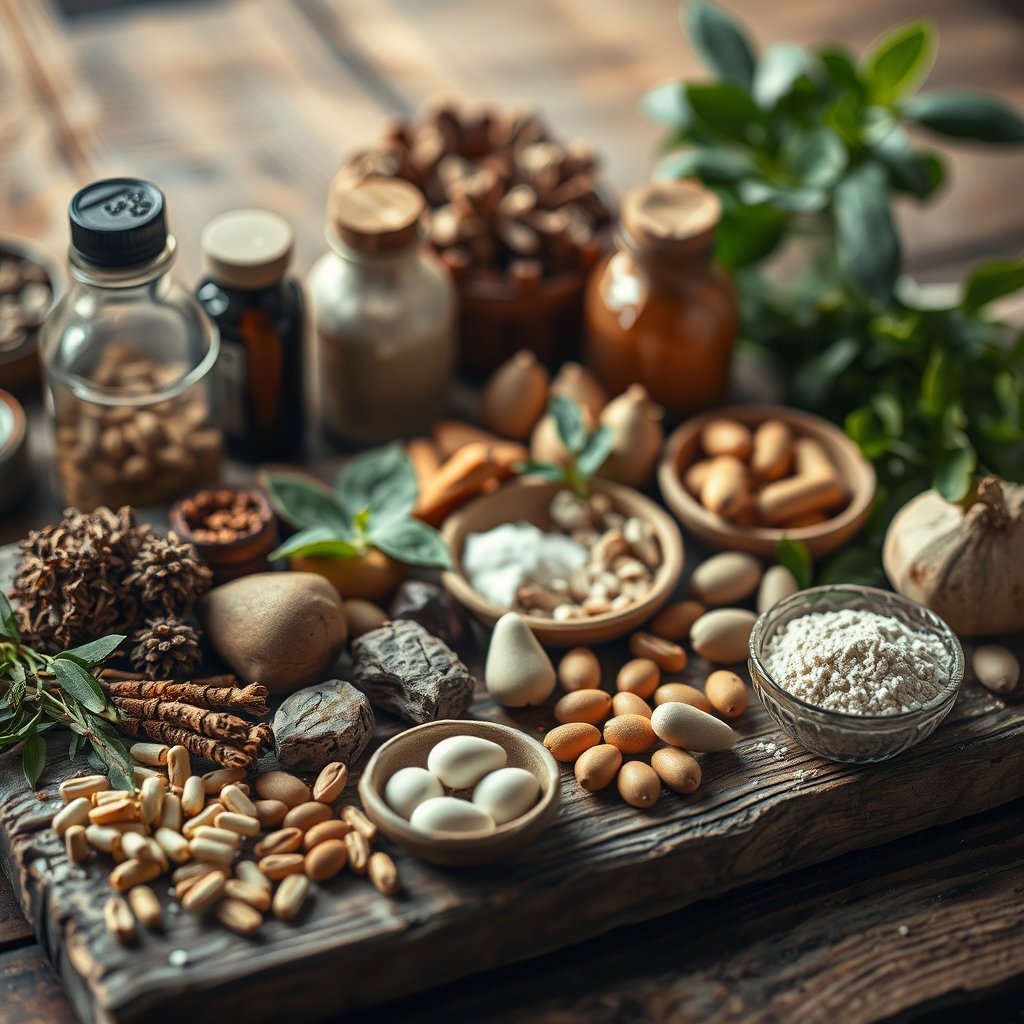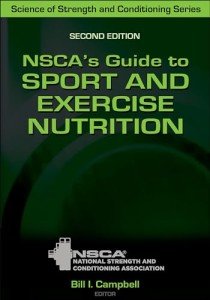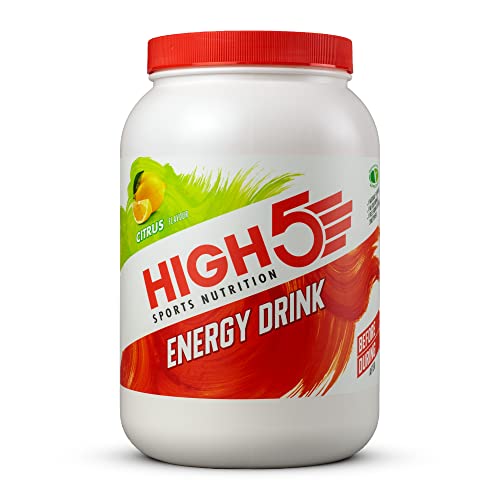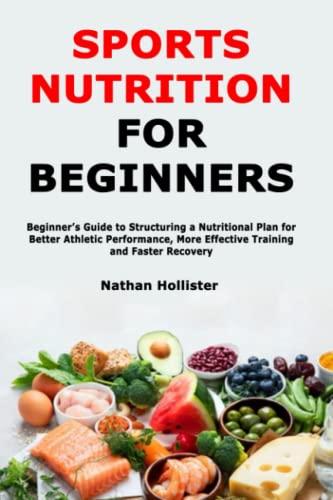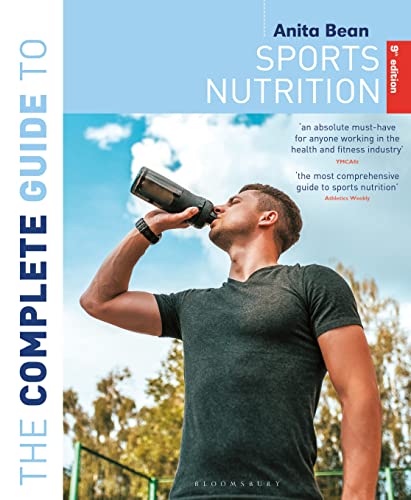Optimal Diets: Fueling Athletic Performance and Recovery
As an athlete, proper nutrition is the foundation for maximizing your training, boosting performance, and facilitating faster recovery. The foods you choose can have a profound impact on your energy levels, muscle building, injury prevention, and overall well-being.
Let's explore the key dietary principles and top food choices that can help take your athletic pursuits to the next level:
Carbohydrates: The Athlete's Preferred Fuel
Carbs are the primary source of fuel for high-intensity exercise. Complex, fiber-rich carbs like whole grains, fruits, and vegetables provide sustained energy, whereas simple sugars give a quick burst. Aim for 45-65% of total calories from carbs, with a focus on nutrient-dense options.
Protein: Building and Repairing Muscle
Protein is essential for muscle growth, repair, and recovery. Athletes generally require more protein than sedentary individuals - around 1.6-2.2 grams per kilogram of body weight per day. Quality sources include lean meats, eggs, dairy, legumes, and plant-based proteins.
Protein: Building and Repairing Muscle
Protein is essential for muscle growth, repair, and recovery. Athletes generally require more protein than sedentary individuals - around 1.6-2.2 grams per kilogram of body weight per day. Quality sources include lean meats, eggs, dairy, legumes, and plant-based proteins.
Healthy Fats: Supporting Hormone Production and More
Contrary to common myths, fats are crucial for athletes. Healthy unsaturated fats like those found in nuts, seeds, avocados, and fatty fish support hormone production, joint health, and brain function. Aim for 20-35% of total calories from fats.
Hydration: Regulating Body Temperature and Preventing Fatigue
Proper hydration is paramount for athletic performance. Water aids in temperature regulation, nutrient transport, and waste removal. Drink water before, during, and after exercise, and replenish electrolytes lost through sweat.
Grab Sports Hydration Boosters Here
Timing and Nutrient Timing
When you eat and what you eat around workouts is just as important as total intake. Consuming carbs, protein, and fluids before, during, and after exercise can maximize energy, muscle building, and recovery.
Top Foods for Athletes
Nutrient-dense whole foods should be the foundation of any athlete's diet. Great options include:
- Complex carbs: Whole grains, fruits, vegetables, legumes
- Lean proteins: Chicken, turkey, fish, eggs, dairy, beans
- Healthy fats: Nuts, seeds, avocados, olive oil, fatty fish
- Fruits and veggies: Antioxidant and fiber powerhouses
By making these optimal dietary choices, you can fuel your body with the nutrients it needs to train hard, compete at your best, and recover efficiently. Pair this nutritional approach with proper hydration, rest, and a smart training regimen for unbeatable athletic performance.
Conclusion
Proper nutrition is essential for athletes to enhance performance, support recovery, and maintain overall well-being. The key dietary components include:
- Carbohydrates: They should comprise 45-65% of total caloric intake, focusing on complex carbs like whole grains, fruits, and vegetables for sustained energy.
- Protein: Athletes typically need 1.6-2.2 grams of protein per kilogram of body weight to aid muscle repair and growth, sourced from lean meats, dairy, and legumes.
- Healthy Fats: Making up 20-35% of total calories, unsaturated fats from nuts, seeds, avocados, and fatty fish support hormone production and joint health.
- Hydration: Maintaining proper hydration is crucial for performance. Athletes should drink water before, during, and after exercise and replenish lost electrolytes.
In addition to what's consumed, timing meals around workouts can significantly affect energy levels and recovery.
Ready to take your nutrition and fitness to the next level? Explore our selection of athlete-approved recipes, supplements
Unlocking Optimal Performance: The Power of Creatine

